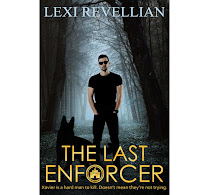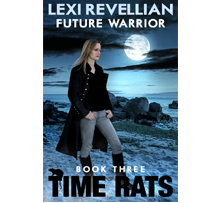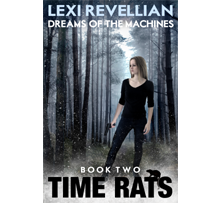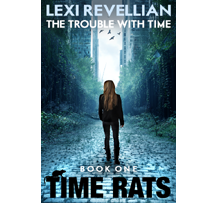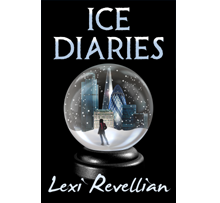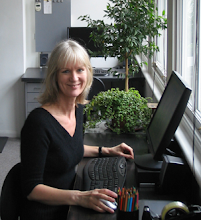 I came across the manuscript of the first page of George Orwell's Nineteen Eighty-Four, and it's awesome. This is not just because of the changes he made, all of which add to the powerful effect of the novel's opening - any competent writer knows from his own experience how different the final draft is from the first. You think of a better way of getting the information across, or a neater way of putting it; you add dialogue, or as Orwell did in his first page, take it out. (For the two versions, go here.)
I came across the manuscript of the first page of George Orwell's Nineteen Eighty-Four, and it's awesome. This is not just because of the changes he made, all of which add to the powerful effect of the novel's opening - any competent writer knows from his own experience how different the final draft is from the first. You think of a better way of getting the information across, or a neater way of putting it; you add dialogue, or as Orwell did in his first page, take it out. (For the two versions, go here.)No, it made me realize just how fortunate writers are today to have the magic of Word at their fingertips. I'd hate anyone to watch me writing on a bad day, or a tricky part of the book. I type in a rough version that's all wrong; add bits, change it, move it around, generally tweak it till it's better. Later I have further goes at it. At some time I read it aloud, and run it through Autocrit to pick up word echoes. If I'm considering larger changes, I copy the passage into a new Word document and let myself loose without inhibitions, knowing it's only a copy. I almost invariably keep this new version and splice it back into the text. Whatever I do, Word keeps the typescript neat and legible.
All George Orwell had to compose his masterpiece was a manual typewriter and a fountain pen. How on earth did he manage?





